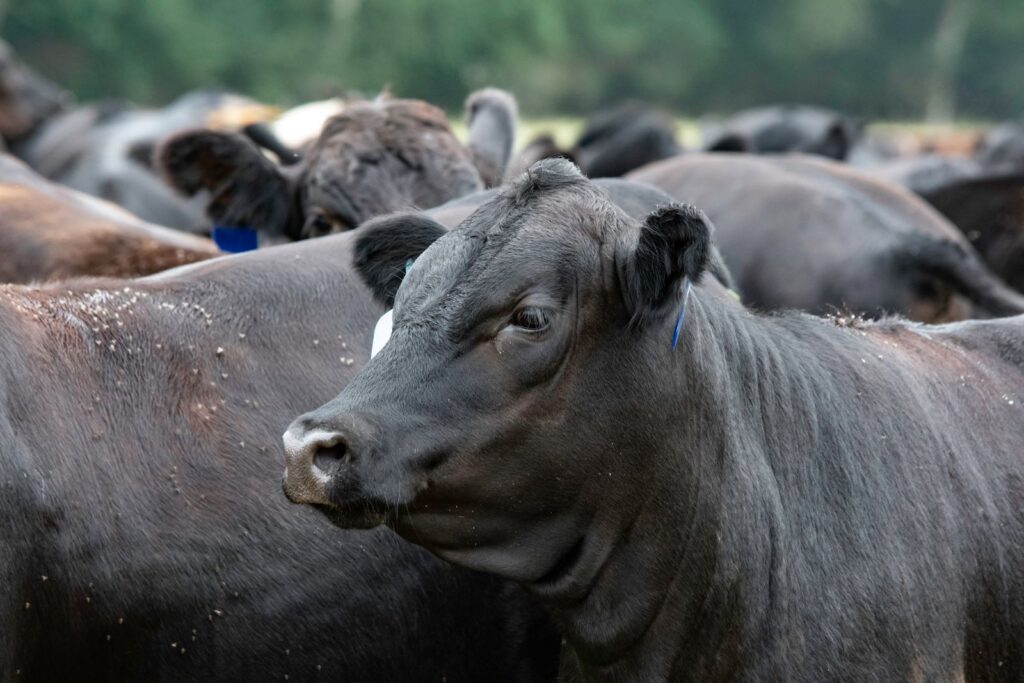Protect your livestock ahead of peak fly season
22nd May 2023
Farmers are being encouraged to prioritise fly control now and protect their livestock, as warm and wet weather is set to accelerate maggot and fly emergence.
Other than being a welfare issue, studies have shown that fly worry can cause growth rate losses of up to 0.3kg a day in cattle and up to 0.5 litre a day milk loss, as the animals spend less time eating while trying to keep flies away.
Therefore, flies can cause significant financial loss to farmers as well as decrease the animals’ quality of life, Patricia van Veen, Zoetis national veterinary manager, explained.
“Cattle and sheep can become irritated by flies and spend less time resting or eating, impacting DLWG and production. In sheep, flies can also cause devastating issues, such as blowfly strike, which can occur rapidly, often taking sheep farmers by surprise. If an infestation is missed, it can cause suffering and even death,” she warned.
Having a fly control strategy in place is crucial for protecting livestock and safeguarding farm income, with best results seen when farmers take action before populations reach peak levels.
Synthetic pyrethroid spot-on products are commonly used for this purpose, and work by disrupting the fly’s nervous system, leading to death. Due to each product having different active ingredients, control periods and withdrawal times, farmers are advised to consult their vet or qualified animal health adviser to find the product most suited to their needs.
Examples are Fly & Lice Spot On and Dysect, both of which can give up to eight weeks of protection in cattle, with a zero-day milk withdrawal. Dysect can effectively protect sheep against blowfly for 8-10 weeks and head flies for six weeks, with a 49-day meat withdrawal. Regular application is required to ensure season-long control.
Ms van Veen added: “A good fly control strategy is an important part of preventative healthcare for all livestock. Not only does it have the potential for improving productivity in your herd or flock, but it also prevents diseases such as New Forest Eye, summer mastitis and blowfly strike, which can be costly and have devastating consequences.”

